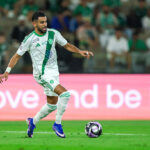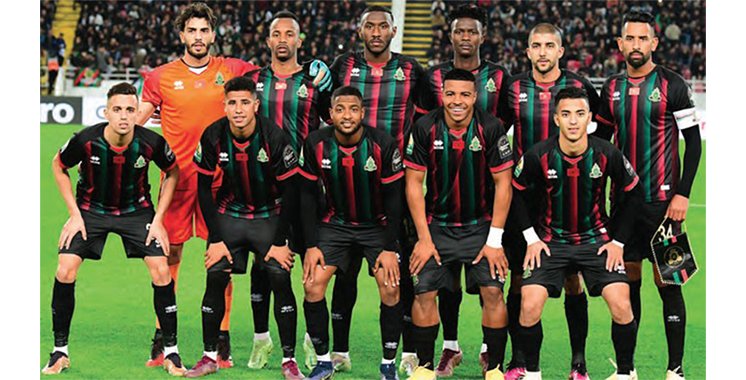Pape Thiaw’s tactical brilliance propels Senegal to impressive international break

Senegal concluded their latest international window on a high, drawing 1-1 with Ireland before sealing a commanding 3-1 victory over England—a result that highlighted the growing tactical maturity of head coach Pape Thiaw.
Across both fixtures, Thiaw called up 26 players, handing game time to 22 of them. Only Cheikh Niasse, Mory Diaw, Idrissa Gueye (FC Metz), and the injured Pathé Ciss remained unused.
Despite missing key figures such as talisman Sadio Mané and Pape Matar Sarr—who was ruled out late and replaced by Niasse—Thiaw navigated the challenges with poise, further solidifying his role as the architect behind a rejuvenated Senegalese side.
Against Ireland, Thiaw fielded a heavily rotated lineup, offering opportunities to several fringe players. While the opening goal went to the hosts, Senegal fought back in the second half through substitutions that made an instant impact.
The introductions of Ismaïla Sarr, El Hadji Malick Diouf, and Cheikh Sabaly shifted the momentum, earning the Lions a hard-fought draw that reflected resilience and depth.
However, it was the win over England that cemented Thiaw’s tactical credibility. Entering the fixture with a more settled lineup in a bold 4-3-3 formation, Thiaw’s meticulous planning paid dividends.
He reshaped his tactical approach, not just with personnel, but with precise positioning and calculated matchups.
Among the standout adjustments was the positional swap between Ismaïla Sarr and Iliman Ndiaye, designed specifically to counter the strengths of England’s wide defenders.
Thiaw also placed Izo in front of Diouf to face the Kyle Walker–Bukayo Saka duo, while Ndiaye operated in front of Krépin Diatta on the side where England deployed Reece James—playing on his weaker foot—or teenage midfielder Lewis-Skelly, repurposed as a left-back.
These nuanced decisions effectively neutralised the same attacking flanks that had caused Senegal problems in their 2022 World Cup Round of 16 defeat to the same opponent.
In midfield, Thiaw resisted the temptation to reinforce defensively and instead implemented an aggressive setup. Idrissa Gana Gueye shielded the back line solo, flanked by Lamine Camara in a number 8 role and Habib Diarra playing as a false 9 with box-to-box freedom. The trio controlled the tempo, bypassing England’s midfield and laying the foundation for a memorable win.
Significantly, this fixture pitted Thiaw against renowned tactician Thomas Tuchel. For a coach still earning his stripes on the international stage, outmanoeuvring a Champions League-winning manager was a symbolic triumph.
“Playing against great nations allows us to measure ourselves,” Thiaw said post-match. “Especially since our goal is World Cup qualification. Victories like these show we’re on the right path.”
Observers lauded Senegal’s performance, praising both Thiaw’s command and the players’ collective spirit. Even with some selections drawing debate, the atmosphere within the camp was positive, with the group appearing united and focused.
“Congratulations to the players,” said Thiaw. “In football, there are no secrets. It’s about hard work and an incredible state of mind.”
Looking ahead, the friendlies provided Senegal with valuable clarity before their return to World Cup qualification in September 2025, where they will face Sudan and DR Congo.
Senior players showed renewed form, younger talent stepped up, and newcomers integrated seamlessly, all pointing to a strong and balanced squad.
Still, Thiaw is aware of the differing tactical demands that await against African opposition—often characterised by low defensive blocks and compact structures. Maintaining humility and adaptability will be essential moving forward.
Ultimately, this international window served not only to confirm the depth and talent within the Senegal squad but also to underline Pape Thiaw’s growing influence.
His strategic decisions, boldness in selection, and ability to deliver results against elite opposition signal a coach ready to lead his nation into the global elite.




